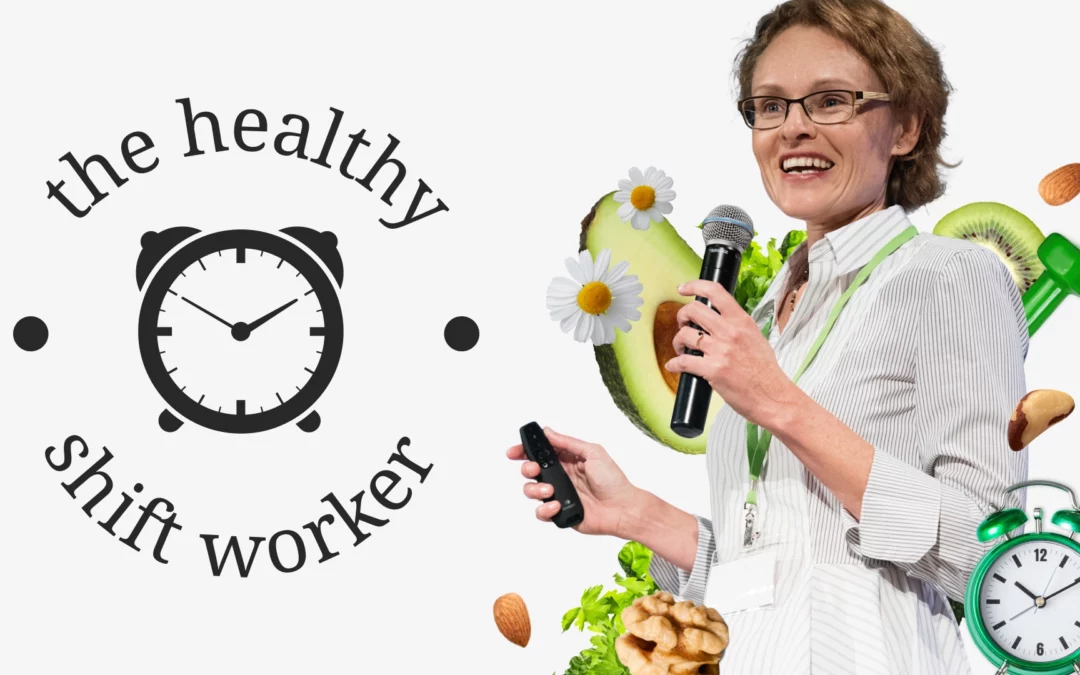
by Audra Starkey | Dec 31, 2019 | Mindset
Something to ponder as another year draws to a close, and we get ready to embark on a new one.1. Do more of what’s working2. Stop doing what isn’t working3. Try new things to see what does workWhat new things and changes are you going to make in 2020?Audra...

by Audra Starkey | Jan 2, 2017 | Nutrition
As we say goodbye to another year and welcome in the arrival of a new one, the words “New Years Resolution” and “Weight Loss” seem to go hand in hand with one another … each and every year. But why is it that so many people struggle to...

by Audra Starkey | Dec 29, 2010 | Nutrition
If your New Year’s Resolution is to change your shift work diet, then now is certainly as good a time as any. Because if you’re like me, then you’ve probably spent much of the festive season eating way too much food and doing very little exercise,...

by Audra Starkey | Jan 2, 2010 | Uncategorised
At the beginning of every New Year, millions of people around the world excitedly set out to achieve their ‘New Year Resolutions’. You know what I mean, things like losing weight, getting fit and healthy, changing jobs, starting a business … the list...




